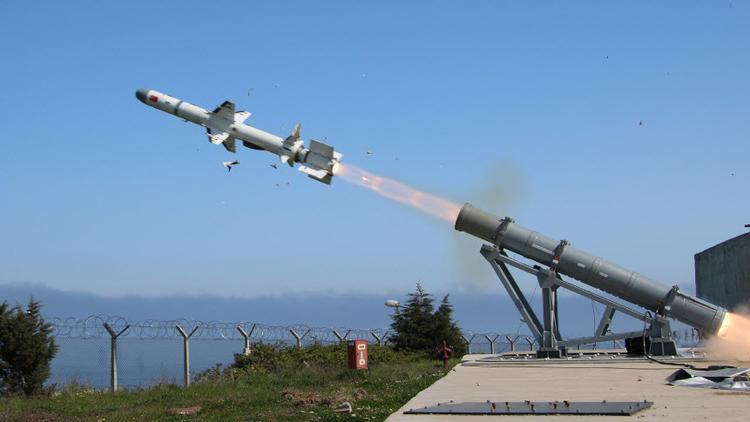
Turkey’s top defense body has recently signed an agreement for the mass production of ATMACA cruise missiles with Roketsan.
The last decade has witnessed the emergence of certain myths surrounding entrepreneurship and start-ups both nationally and globally. Recent Turkish graduates have seemingly concluded that older generations got their careers all wrong: They believe public sector jobs pertain to a bureaucratic and old-style state structures, while corporate jobs are dying-out legacies. However, start-ups and their job offerings, which include Apple, Google, Uber, etc., are the legendary innovative opportunities that shape the new world. They will eventually supersede all existing structures.
This black-and-white romantic picture that glorifies “the start-up culture” misses an important factor in the emergence of all major technology companies: the “Entrepreneurial State” (a term coined by Professor Mariana Mazzucato in her excellent 2014 book of the same name). Focusing on the U.S. case, Prof. Mazzucato debunks the myth that the state is a backward regressive structure while the private sector is the mother of all innovation. She takes the often-cited case of Apple as an example to disprove this fairy tale as the private sector only found the courage to invest after an entrepreneurial state had made high-risk investments. In the chapter “The State Behind the iPhone”, she demonstrates that every technology that makes the iPhone ‘smart’ was partly (US-)government funded: The Internet, GPS, its touch-screen display, and the voice-activated Siri. In another chapter, she discusses the role US institutions and programs such as the Defense Advanced Research Projects Agency (DARPA), the Small Business Innovation Research (SBIR) Program, and the National Nanotechnology Initiative played. Naturally, we cannot discount the leadership of entrepreneurs like Steve Jobs in leading these companies, however it would be unfair to taxpayers if we forgot to mention the role of infrastructures created by publicly funded research. Prof. Mazzucato’s work shows that cooperation between the public and private sectors can increase a country’s technological development, and that the neo-liberal “small state is beautiful” claim is not always true.
This discussion is also relevant for Turkey. Similar to the U.S., in the last four decades Turkish state enterprises—ranging from Aselsan to MKE, from Undersecretariat for Defence Industries (SSM) to Tübitak, from Roketsan to TAI—have contributed much to the development of the Turkish Industry. For example, Turkish defense exports reached 1 billion 739 million USD in 2017. While this number remains significantly lower to those of G8 countries, it is still very promising in terms of the potential it represents. State investments in the defense sector, particularly after 1975, had positive spillover effects on other sub-sectors, such as automotive, chemical, software development, and logistics.
Moving forward, since Turkey has industrialization and technological development ambitions, its state-financed enterprises could make a real difference in order to achieve these goals. Inspiring from the U.S.. example, the Turkish entrepreneurial state can avail more public funds to its research institutions and support their R&D projects. This support is likely to bear fruits over the next decades in terms of innovation. Here, the defense sector plays a key role. For instance, in large-scale defense contracts concluded with NATO partners Turkish companies can benefit from having a closer R&D collaboration with their foreign counterparts. Turkish Universities with strong engineering departments already cooperate with defense industries, however the state can take this cooperation to the next level by providing more financial and human resources. In terms of start-up developments, nationwide state-funded programs after the manner of incubator and accelerator programs can be promoted across all regions. These public investments are likely to pay-off in the long run in terms of innovation, additional economic activity, technological advancement, and job creation. Such programs, if successful, would create a context where Turkey keeps its brightest young minds at home by offering them interesting opportunities and prevent brain drain. The Turkish state has an important leadership role to play in forming an entrepreneurial spirit and in jump-starting the Turkish tech development.